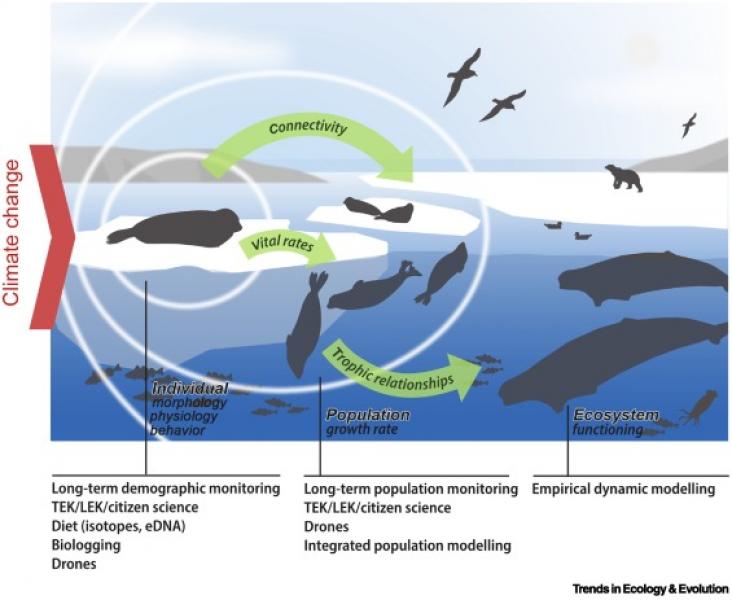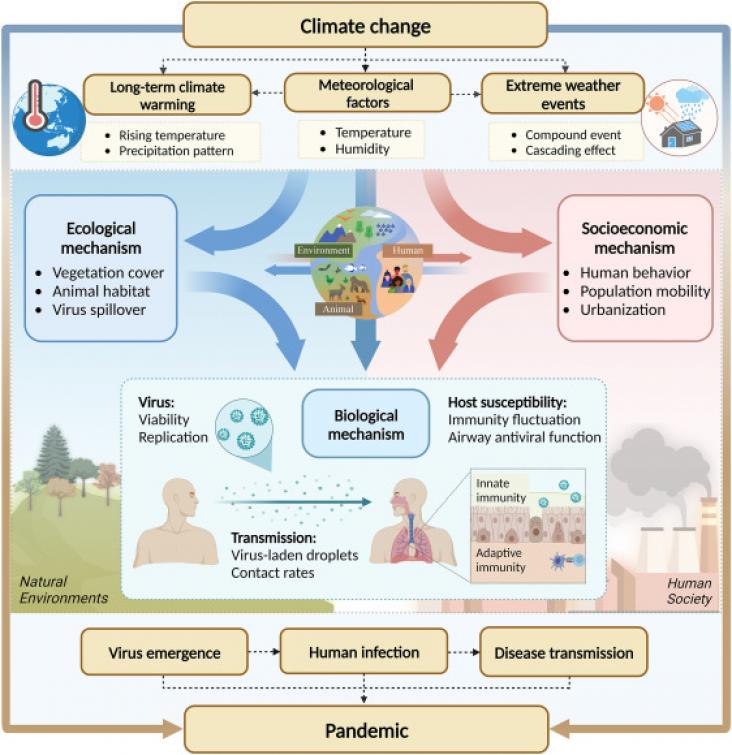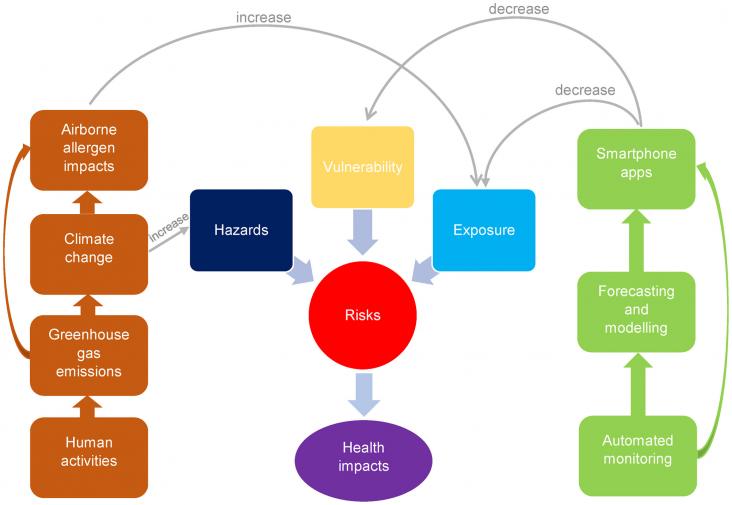
This work highlights what we know about climate change impacts that have happened and discuss future directions for research. It supports SDG 13 and 14.
The demand for solar energy as a clean way to power human lives is increasing, but solar panels are land-intensive and may compete for space with farms. In this article, the authors examine how agrivoltaics (combining farming and solar technologies) can provide synergistic benefits together rather than in isolation, showing positive benefits in climate mitigation, climate resilience, and land equivalent ratios. This contributes to SDGs 2 (ensuring the promotion of sustainable agriculture), 7 (harnessing sunlight to power society), and 13 (agrivoltaics as a way to combat climate change).
This Health Policy paper supports SDGs 2, 3, and 13, by identifying and examining the debates that arose from the publication of the EAT–Lancet Commission, systematically examining how research has been directly influenced by the Commission, and synthesising identified research gaps to build a research agenda for healthy and sustainable food systems.
This study has evaluated the altitudinal distribution and seasonal movement of Asiatic black bears.
Climate change is impacting the health of Western Australians.Temperature increases and air pollution are particularly problematic.Food and water security may be compromised. An urgent response is required.

Recognising our customers' exceptional work to achieve the United Nations' Sustainable Development Goals
This study analysis four wetland technologies for treating greywater according to regulatory standards.

This Review supports SDGs 3 and 13 by synthesizing the recent evidence on whether and how climate change, manifested in meteorological fluctuations, extreme weather events, and long-term global warming, influences the epidemic dynamics of viral respiratory infections, including spatiotemporal distribution of seasonal epidemic, disease outbreaks, and pandemics.
This Article supports SDGs 3 and 13 by comprehensively assessing the future out-of-hospital cardiac arrest morbidity burden related to non-optimal temperatures, heatwaves, and cold spells in Northern China under different climate change scenarios.

This Review supports SDGs 3 and 13 by summarising the available literature on the impacts of climate change on airborne allergens and allergic respiratory diseases, with a focus on recent developments. The authors also focus on three translational mitigation approaches that may lead to improved health outcomes: automated real-time airborne allergen monitoring, airborne allergen forecasting and modelling, and smartphone apps for mitigating the health impacts of airborne allergens.
